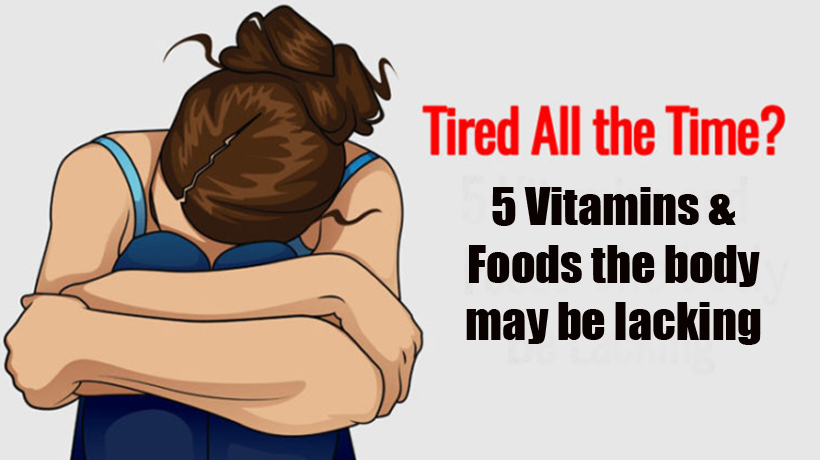You’ve hit the mid-week slump and you’re yawning at your desk. It doesn’t matter how much you sleep the night before or how much coffee you’ve had, you can’t seem to make it through the day without dragging.
Sound familiar?
The culprit might be in your diet. Even if you’ve cut back on junk food and alcohol, the foods you’re eating may not have the vitamins you need to stay fresh and alert. These are the vitamins you might need and the foods that contain them.
Iron
Most people with mild iron-deficiency anemia may not show any symptoms, but those who do have symptoms tend to experience fatigue, according to the National Heart, Blood, and Lung Institute. Iron deficiency is especially likely in women who experience heavy bleeding during menstruation.
Eat these: Shellfish, spinach and red meat are all high in iron. And if you’re looking for a dessert with some nutritious value, dark chocolate with at least 70 percent cocoa contains iron, too.
Magnesium
One nutrient Dr. Jacob Teitelbaum, an expert in chronic fatigue, always recommends is magnesium. In addition to the link between magnesium deficiency and low energy, Teitelbaum says low levels of magnesium can affect our quality of sleep.
Eat these: Nuts, beans, whole grains, and leafy vegetables like spinach.
Omega-3 fatty acids
This is one kind of fat you don’t want to cut back on. A study published in Neuro Endocrinology Letters found omega-3 deficiencies were common in patients with chronic fatigue syndrome.
Eat these: Salmon, tuna, chia seeds, walnuts and ground flaxseed. Oh, and of course, spinach.
Potassium
Coaches often bring bananas and orange slices to athletes for post-workout recovery, and for good reason. The potassium in those fruits aids with muscle recovery. A potassium deficiency may affect the nerve cells in muscles, resulting in fatigue, cramps and weakness.
Eat these: Bananas, oranges, avocado, and our good friend, spinach.
Vitamin D
If you’ve ever had a case of the winter blues–you know that draining, sluggish feeling when you haven’t seen enough sunlight?–a study in the North American Journal of Medical Sciences confirmed the correlation between low vitamin D and fatigue. However, if the weather is gray, you can still find sources of Vitamin D besides the sun.
Eat these: Salmon, canned tuna, egg yolks (from pasture-raised, not indoor-raised chickens), and a bowl of cereal with fortified milk.
Battling fatigue requires more than cutting out foods that slow you down; eating for energy is about adding balanced foods into your diet. And if you feel overwhelmed with all of your food choices, just remember to start with spinach.
Sources:
https://www.nhlbi.nih.gov/health-topics/iron-deficiency-anemia
https://www.healthline.com/nutrition/11-healthy-iron-rich-foods#section3
https://books.google.com/books?id=_Id415UKE0cC&printsec=frontcover&dq=from+fatigued+to+fantastic&hl=en&sa=X&ved=0ahUKEwjIksazpYHeAhVsUd8KHSPsAAkQ6AEIKTAA#v=onepage&q=from%20fatigued%20to%20fantastic&f=false
https://books.google.com/books?id=HzPW3E6JUHAC&pg=PA56&dq=magnesium+fatigue&hl=en&sa=X&ved=0ahUKEwjb5o_9oYHeAhXulOAKHbr0BggQ6AEIPTAE#v=onepage&q=magnesium%20fatigue&f=false
https://www.ncbi.nlm.nih.gov/pubmed/16380690
https://www.ncbi.nlm.nih.gov/pubmed/20181204
https://www.healthline.com/nutrition/what-does-potassium-do#section6
https://www.ncbi.nlm.nih.gov/pmc/articles/PMC4158648/
https://www.healthline.com/nutrition/9-foods-high-in-vitamin-d



